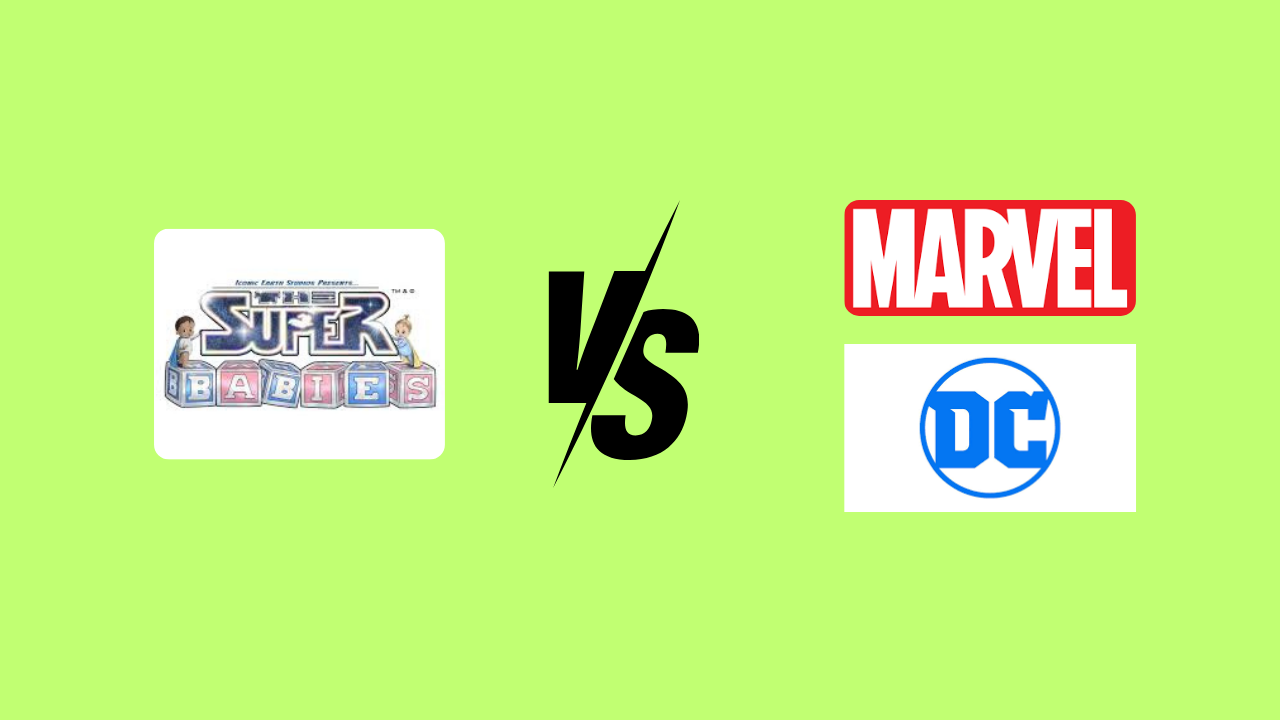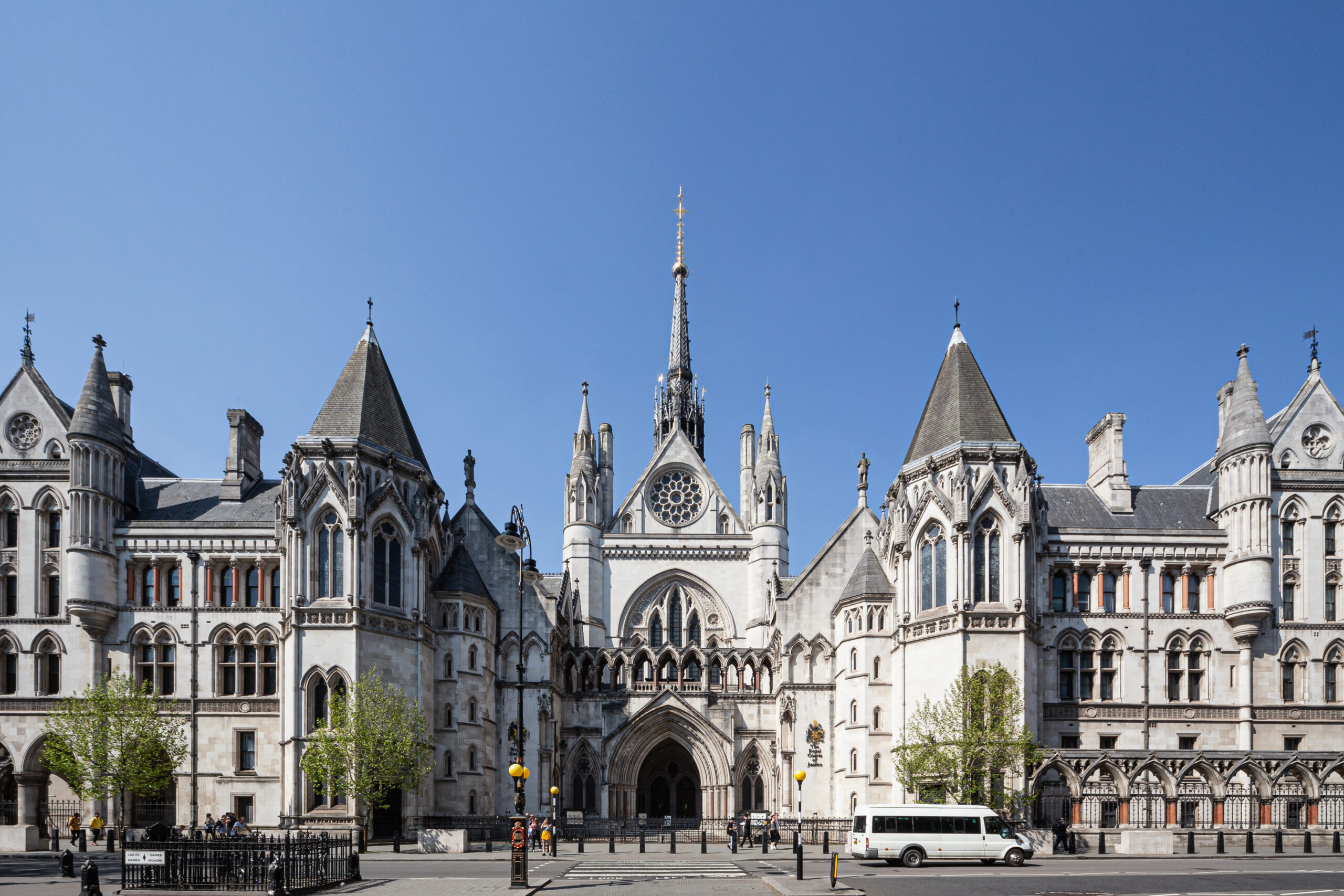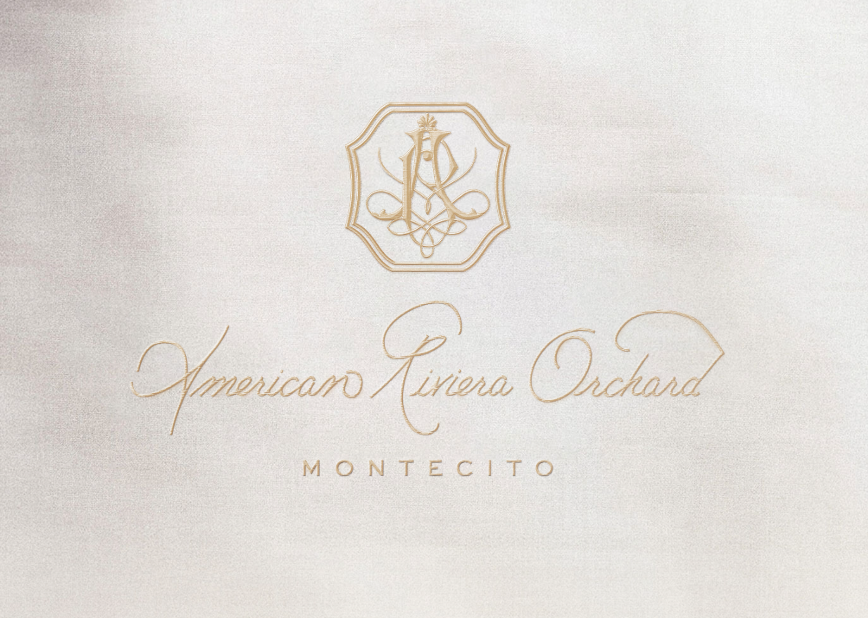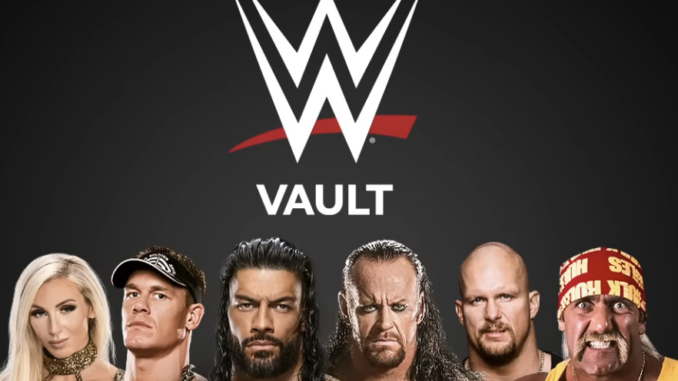The End of a Super Era
For decades, “Super Hero” was synonymous with characters that Marvel Comics and DC Comics came up with. With Spider-Man swinging through the streets of New York to Batman battling the Joker, superheroes have swept imaginations around the globe. However, a recent legal decision has ushered in a dramatic transformation in the comic book industry, as the U.S. This means that the USPTO has merely cancelled the joint trademark over the term “Super Hero” by Marvel and DC. It marks the finality of the era of tight control over a word that has indeed become a cultural phenomenon of sorts. And with that, its use will now suddenly be permitted by creators and companies far beyond the reach of the comic book giants.
The History of the Trademark
Marvel and DC’s collaborative work on “Super Hero” trademark goes back to 1977, the time they first filed the term in common. Officially registered in 1979, the trademark gave them the leeway to command their use of “Super Hero” and all its many derivatives, including “superhero” and “super-hero.”
This placed two companies in a position to prevent other publishers, businesses, and creators from using the word without their permission, effectively monopolising a word that today most would say describes an entire genre, rather than a particular brand.
For many years, Marvel and DC effectively used their trademark to defend against anyone who attempted to attach “Super Hero” to their business names, marketing materials, or creative pursuits. Many small companies, comic book publishers and businesses well beyond the entertainment industry had to change or forgo their plans because they lost costly court battles. It was supposedly used to protect the trademarks for intellectual property of Marvel and DC but ultimately served to allow Marvel and DC to leverage the trademark to remain in control of the comic book trade.
The Challenge from Superbabies Ltd.
The recent legal challenge that led to the trademark’s cancellation was spearheaded by Scott Richold, representing Superbabies Ltd.
Richold argued that “Super Hero” is a generic term that cannot be owned or monopolised by any one entity. He claimed that “Super Hero” had become so ubiquitous in culture and language that it should be considered part of the public domain.
Richold’s argument resonated with the USPTO, especially after Marvel and DC failed to respond to the challenge in a timely manner. Despite having filed a motion to extend their response time until July 24, 2024, neither company met this deadline nor requested additional extensions. As a result, a default judgment was entered, and the trademark was officially canceled.
A Win for Creativity and Innovation
For many in the creative industries, the cancellation of the “Super Hero” trademark is seen as a victory for creativity, innovation, and fairness. Adam Adler, the lead counsel for Superbabies Ltd., emphasized the importance of the ruling for smaller creators. He stated that the decision ensures that the term “Super Hero” can now be used by all storytellers, without fear of legal repercussions from Marvel or DC.
Adler’s statement reflects a growing sentiment among creators that certain terms, especially those that have entered popular culture, should not be controlled by a few large corporations. The argument that “Super Hero” describes an entire genre rather than a specific brand was central to the case, and it ultimately won the day.
“Superhero stories teach us to stick up for the little guy,” Adler said, noting the irony that the liberation of the term “Super Hero” came at the hands of Superbabies, a smaller entity compared to the giants of Marvel and DC.
This ruling is expected to encourage smaller companies to freely use “Super Hero” in their branding, storytelling, and marketing without fear of being sued.
What Does This Mean for Marvel and DC?
While Marvel and DC have lost the legal rights to control the “Super Hero” term, this doesn’t mean that their use of the term will change in any significant way. The companies are still free to use “Super Hero” in their comics, movies, and merchandise, just as they always have. What has changed, however, is that they no longer have exclusive rights to the term, and other companies are now free to use it as well.
This could lead to an influx of new creators, businesses, and media outlets using “Super Hero” to market their products and services. It may also lead to a wider variety of superhero content outside of the Marvel and DC universes, as independent creators can now explore the genre without worrying about trademark infringement.
While this ruling is undoubtedly a significant loss for Marvel and DC, it is unlikely to hurt their dominance in the superhero market. The Marvel Cinematic Universe (MCU) and DC Extended Universe (DCEU) remain powerhouses in film and television, and both companies continue to publish some of the best-selling comics in the world. However, this loss could signal a shift in how intellectual property rights are managed in the future, particularly when it comes to terms that have become ingrained in popular culture.
The Larger Implications for Trademark Law
The cancellation of the “Super Hero” trademark could have broader implications for trademark law, especially concerning terms that have become widely recognised by the public. The case raised questions about whether companies should be allowed to control terms that have been used extensively across different media and by various creators.
Over the years, Marvel and DC have faced multiple challenges to their trademark, and this is not the first time that a smaller entity has attempted to push back against their control of “Super Hero.” However, this is the first time that a challenge has been successful, and it may set a precedent for future cases involving trademarks on terms that are seen as too generic to be owned.
Our Insights: The End of a Super Monopoly
The cancellation of Marvel and DC’s trademark over “Super Hero” marks the end of an era of strict control over a term that has come to define an entire genre of storytelling. It is a win for creativity, particularly for smaller creators who have long struggled with the restrictions imposed by the trademark.
While Marvel and DC will continue to dominate the superhero landscape, the loss of their exclusive rights to the term “Super Hero” opens up new opportunities for other creators to explore the genre in their own ways. This decision also serves as a reminder that, in the world of intellectual property, even the most iconic terms can eventually become free for all to use. The superheroes, it seems, have finally been liberated.
Learn how you could use your Trademarks like Marvel to send your profits soaring






